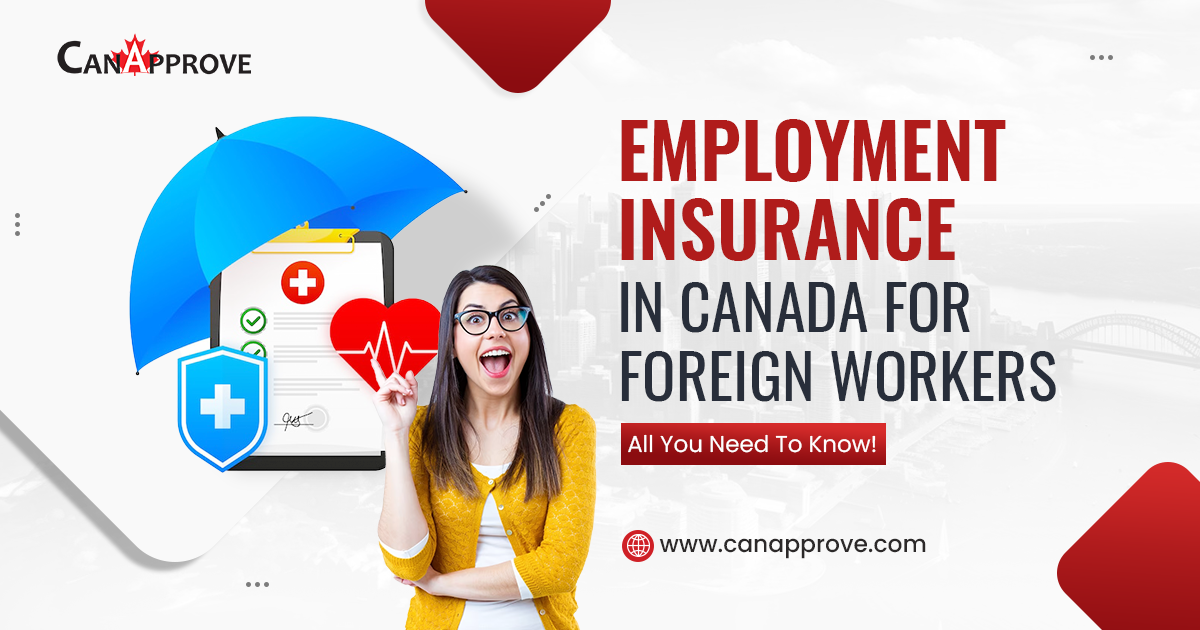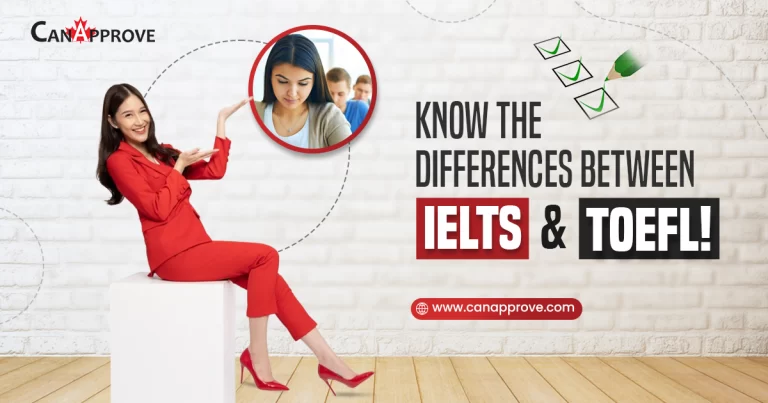Settled in Canada as an overseas worker with a dream job? It’s high time you applied for employment insurance! Not sure how to go about applying for an EI? This blog definitely has the solution you’ve been looking for! But first, read on about employment insurance in Canada for foreign workers!
?What is an Employment Insurance (EI) System in Canada?
Canada implemented the Employment Insurance (EI) system with the purpose of giving unemployed workers a temporary income while they look for new employment or develop their skills. Additionally, the EI program offers unique advantages to employees who take time off work as a result of particular life events, such as sickness, childbirth, and many more.
Only employees who have paid premiums in the previous years and who meet the eligibility and qualifying requirements are eligible for EI benefits. Self-employed workers are also eligible to apply for and benefit from Employment Insurance (EI).
?Canada Employment Insurance Commission (CEIC)
Along with Employment and Social Development Canada (ESDC), the CEIC plays a major role in managing the Employment Insurance (EI) program. This trivial organization has represented the Canadian government, labor unions, and businesses for more than 75 years. The CEIC is an important part of managing the EI program. On behalf of the Commission, ESDC and Service Canada continue to administer the EI program.
The Commission is required by law to regulate and evaluate the EI program once a year. The CEIC is in charge of the following:
- Manages a research program that examines the effects and efficiency of work benefits and assistance programs for the yearly EI Monitoring and Assessment Report
- By the end of the fiscal year, The parliament implements new ideas after the CEIC sends the report to the Minister.

?Can foreign employees benefit from Employment Insurance in Canada?
Foreign workers who hold eligible jobs must pay Employment Insurance (EI) premiums. In the same way, Canadian citizens and permanent residents are eligible to receive benefits related to illness, maternity leave, parental leave, compassionate care, and family caregiver benefits. Foreign workers can also apply if there’s regular loss of employment benefits.
?Eligibility for Benefits Under Employment Insurance
In general, you qualify for employment insurance (EI) in Canada if you lose your job for no personal reason. Situations such as temporary or permanent lay-offs fall under this category. You must be actively seeking employment to be eligible for EI.
According to the terms of their work permit, temporary employees with closed work permits will not be eligible if they are unable to find a new job. EI benefits should be available to holders of open work permits, as long as they can prove that they are actively looking for work and are willing and able to accept it.
?Requirements for Regular Employment Insurance in Canada Benefits
The following eligibility criteria qualify you for regular Employment Insurance (EI) in Canada If you:
- worked full-time for a legitimate employer,
- You lost your job for no personal reason.
- Have spent the previous 52 weeks at least seven days in a row without employment or compensation.
- Have worked for the necessary number of hours at an eligible job over the previous 52 weeks, or since the beginning of your most recent unemployment insurance claim, whichever is shorter.
- Are prepared, eager, and able to work every day
- Are actively seeking employment (you have to maintain a written record of every employer you get in touch with, along with the date of the contact).
?How do I claim EI benefits?
You will require the following documents and personal information to claim your EI benefits:
- If your Social Security Number (SIN) starts with a 9, then it requires a valid work permit or other proof of immigration status.
- You will require the mother’s maiden name as a document of proof.
- postal codes, residential and mailing addresses, etc.
- complete banking details, such as the name of the financial institution, the account number, and the bank branch number, to register for direct deposit.
- Names, addresses, employment dates, and the cause of separation for each employer during the previous 52 weeks
- a thorough account of the facts, including whether the foreign worker was fired or quit during the previous 52 weeks.
- the dates of employment and earnings for every week in the last 52 weeks that were the highest-paid weeks of insurable earnings—or since the last time an unemployment insurance claim was filed, whichever is the shorter time.
?Wrap-Up
During the application process, You can enroll in direct deposit to receive the benefits as soon as possible. The application and all necessary documents must be received within 28 days for the first payment to be automatically deposited. Therefore, foreign employees must move quickly to avoid having to wait more than a month to receive their first payment.
Are you looking to receive more input about employment insurance in Canada? Don’t worry! our immigration experts at CanApprove are always here to guide you! And, if you have been planning to migrate to Canada, CanApprove makes it possible for you! We are sure to assist you right from filling out your application until you become a permanent resident in Canada. Connect with us right away for more information! We’d love to hear from you!
?FAQs
- Can an employer sponsor a foreign worker in Canada?
Employers in Canada do not sponsor foreign workers to come work in the country. However, they can help by obtaining a Labour Market Impact Assessment (LMIA) or submitting an electronic job offer (LMIA-exempt categories).
- Who gets employment insurance in Canada?
Employers who lose their jobs for no fault of their own due to a lack of work, seasonal layoffs, or mass layoffs, for example, those who are willing and able to work but are unable to find employment, are eligible for regular benefits from Employment Insurance (EI). Whenever you quit your job, you should always apply for EI benefits.
- Can I receive EI while outside Canada?
can demonstrate that you are available to work in Canada while you are abroad, you might be eligible for regular benefits. Regular benefits are typically not available to you while you are traveling outside of Canada.





